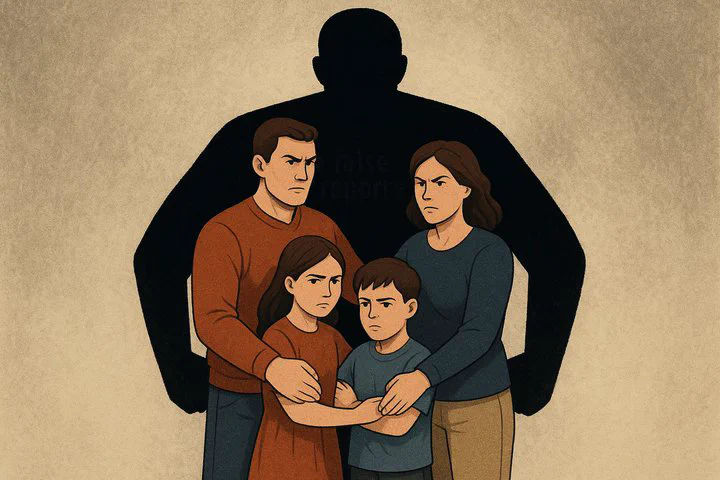Impact of False CYFD Reports

Impact of False CYFD Reports By Gina Iverson | Family Guide Compass
Introduction: When a Call Turns Your World Upside Down
Last spring, Carlos opened his door to two CYFD workers. Someone had reported that his nine-year-old daughter was being hurt at home. The claim was not true, but the visit left Carlos shaken and his daughter in tears. Stories like Carlos’s show the very real impact of false CYFD reports on families who have done nothing wrong. This guide explains what happens, why it happens, and—most important—how you can keep your kids safe and calm if it happens to you.
What Are False CYFD Reports?
The Children, Youth and Families Department (CYFD) steps in when they believe a child might be unsafe. A report is considered false when CYFD finds no proof of danger. You might also hear these called unfounded CYFD reports.
• How they start: misunderstandings, gossip, or baseless accusations.
• Sometimes it is retaliation, plain and simple—one adult trying to hurt another during a breakup or custody fight.
• Why it matters: Every false call pulls caseworkers away from children who truly need help and puts an innocent family under stress.
(Visual tip: An infographic here could show the flow of a CYFD investigation and where a false report is closed.)
How False Reports Hurt Kids
Picture Sofia, age eleven, sitting at the kitchen table while strangers ask, “Do you feel safe at home?” Even after CYFD closes the case, the serious toll on the kids can last for weeks or months.
• Fear and worry: A National Child Stress Network survey found that 70 % of children felt “very nervous” for at least two weeks after an unexpected welfare visit.
• Self-blame: “Kids blame themselves first,” says child psychologist Dr. Lisa Harper. “They think they did something wrong, even when the adults made the mistake.”
• School struggles: Trouble focusing, acting out, or staying silent to keep the “secret.”
Simple fixes help. Keep routines steady—dinner, bedtime stories, Saturday soccer. Let them ask questions and answer in plain words: “Someone thought we needed help, but CYFD says we are safe.” Small truths build big trust and soften the impact of false CYFD reports on their daily lives.
Why Do People Make False Reports?
Most callers mean well, but not all.
• Misunderstanding: A neighbor hears loud video-game shouts and thinks it’s a fight.
• Custody battles: One parent files a report hoping to gain an edge. That’s retaliation, plain and simple.
• Jealousy or control: A new partner wants to look heroic by “saving” the kids.
Filing on purpose when you know the claim is false can lead to fines or even criminal charges. Still, the deepest cost is the emotional hurt placed on children trapped in the middle of an unfounded CYFD report.
Steps to Protect Your Family
- Stay calm and steady. Your child will copy your mood.
- Build a “truth file.” Save texts, report cards, doctor notes—anything that shows daily care and safety.
- Talk to an attorney. A family-law lawyer can request the CYFD file, correct errors, and guide you if you want to file a complaint about a false claim.
- Seek support for your child. A school counselor, therapist, or trusted coach can let them talk through fears before they grow bigger.
- Lean on community. Online groups like r/FamilyLaw or r/blendedfamilies remind you that you are not alone. Sharing tips can lessen the ongoing impact of false CYFD reports and turn a bad moment into new strength.
Get Help and Share Your Story Have you faced a false report? Tell us what helped—or what you wish you had known sooner. Your story could guide another parent through the same storm. Visit familyguidecompass.com/resources for free worksheets, links to legal aid, and a list of child-friendly therapists in your area. Together we can reduce the serious toll on the kids and make sure every family gets the right help, at the right time.